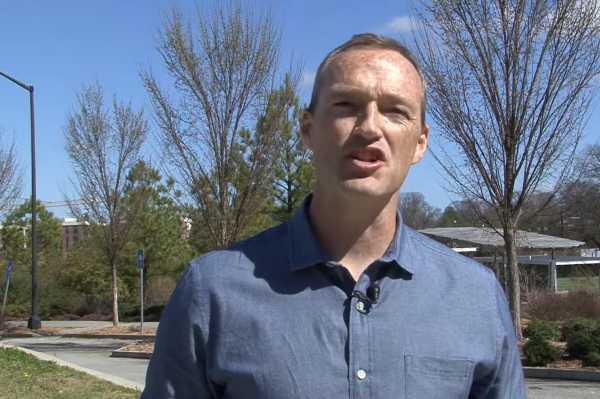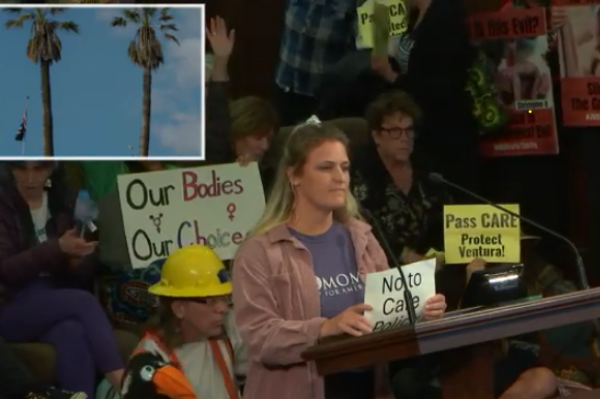UN Urges Indonesia to End 'Hatred Toward Religious Minorities'
The United Nations has recently spoken out against the Indonesian government's continued persecution of religious minorities, urging the government to translate universal human rights obligations into domestic law.
"A fundamental principle of international human rights is non-discrimination. This applies in all areas to all people," the High Commissioner for Human Rights of the U.N., Navanethem Pillay, said at a press conference at the United Nations Mission in Indonesia headquarters on Nov. 13, 2012.
"Indonesia has a rich culture and history of diversity and tolerance. At the same time, it risks losing this if firm action is not taken to address increasing levels of violence and hatred towards religious minorities and narrow and extremist-interpretations of Islam," the commissioner added.
At Tuesday's press conference, Pillay requested that the Indonesian government amend existing laws which limit religious freedom, and urged the government to adopt a U.N. officiated agent specializing in religious freedom to oversee addressing persecution in the country.
"I recommended Indonesia should amend or repeal the 1965 Blasphemy Law, the 1969 and 2006 ministerial decrees on building houses of worship and religious harmony, and the 2008 Joint Ministerial Decree on Ahmadiyya," Pillay told reporters in reference to her meeting with Indonesian government officials.
According to The Jakarta Post, the U.N. press conference came after several members of persecuted religious sects, including members of the Shia community in Sampang and members of the Taman Yasmin Indonesian Christian Church (GKI) in Bogor, met with Pillay on Sunday, Nov. 11 to request her help.
The Shiites in the Sampang region of Indonesia are reportedly suffering forced conversions by Sunni clerics and having their homes burned if they fail to comply.
Additionally, Members of the Christian GKI church have suffered months of persecution for establishing their church in the city of Bogor, where Muslim residents have protested and assaulted church members in an attempt to drive them out of the city.
"I was distressed to hear accounts of violence, attacks, forced displacement, denial of identification cards and other forms of discrimination and harassment. I was also concerned to hear that the police have been failing to provide adequate protection in these cases," Pillay said of the GKI church's situation.
Pillay concluded her speech by commemorating Indonesia in completing its democratic transition, which began in 1998, and urged the country to now focus on its human rights agenda to better improve the lives of its inhabitants.
Indonesia, the largest Muslim nation in the world, has long been under the surveillance of human rights watchdog groups and international organizations, including Open Doors USA and the World Evangelical Alliance, who have both urged the international community to pressure Indonesia regarding its poor religious freedom record.






















